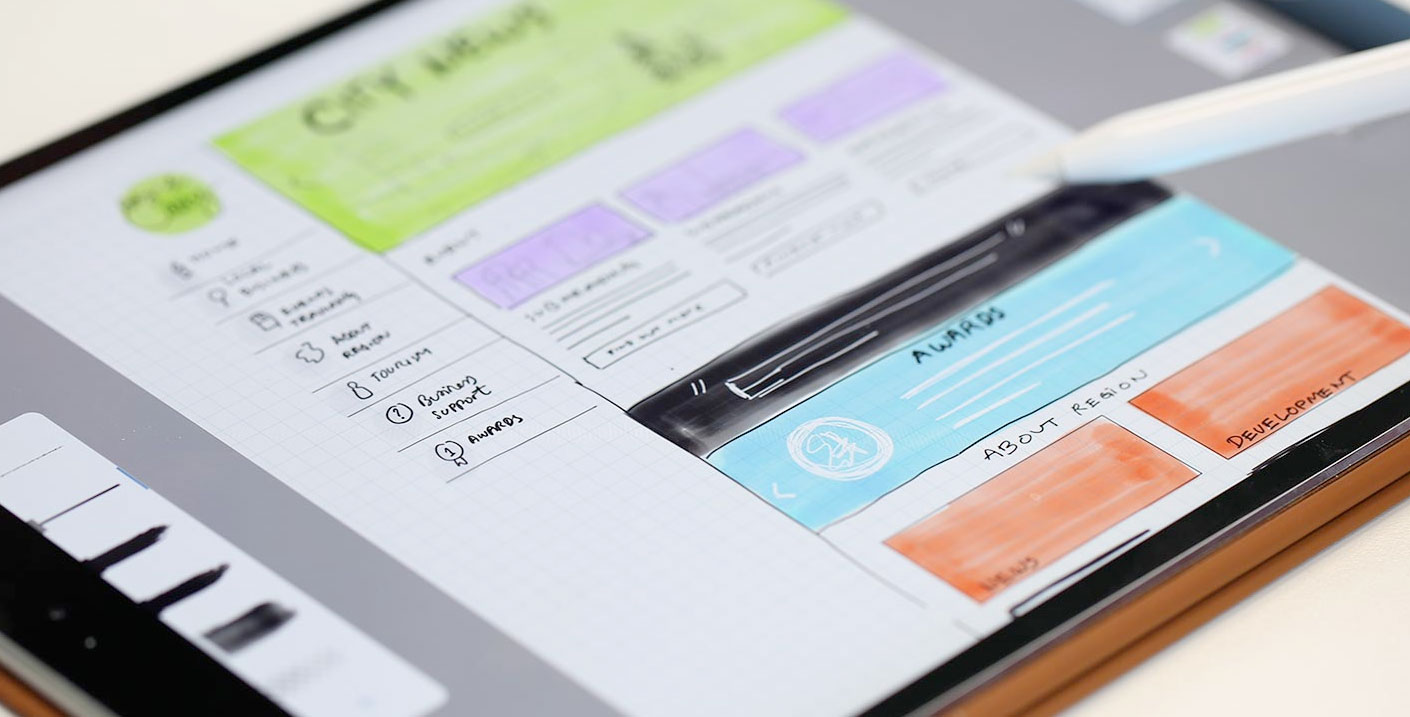Self-expression frequently clashes with societal expectations of transparency and accountability. Many feel the pull between wanting to freely express their unfiltered thoughts and opinions while also needing to uphold their reputation and relationships.
Anonymous note-taking represents one way to bridge the divide between our desire for open self-expression and the realities of social norms. By providing an outlet to record thoughts and feelings without attribution, anonymous journals allow space for catharsis, uninhibited creativity, and exploring aspects of oneself that may feel too vulnerable to share publicly. At the same time, the choice to keep these writings private upholds social contracts around privacy, discretion, and protecting reputations. Far from being a way to hide “bad” behaviors, anonymous note-taking can foster self-understanding, mental health, and inner freedom.
History and purpose of anonymous writing
Humans have felt the urge to express themselves anonymously for millennia, from ancient Roman graffiti to the prolific output of writers using pseudonyms or initials. The recognition that you sometimes need to keep your writings private stretches back to the dawn of the written word. Anonymous writing serves many purposes. It allows marginalized groups to share ideas and opinions that may be dangerous to disseminate publicly. It permits open exploration of stigmatized or controversial topics. It provides an emotional release valve for venting, questioning, and working through inner turmoil. Anonymous journals are often brutally honest, holding up a mirror to thoughts and feelings you keep hidden by social training. Through loosening the filter of self-presentation, you unlock our most authentic selves.
Therapeutic value of anonymity
Modern psychology validates the benefits of anonymous self-expression. Studies show journaling improves mental health, increases self-awareness, and helps process trauma, especially when writers feel free to be candid without fear of judgment. Features like automatic encryption and passcode protection now offer journal keepers greater safety and confidence that their private thoughts will remain confidential. Many therapists recommend anonymous journals to help clients open up about difficult experiences and emotions. Writing anonymously facilitates disclosure of shameful secrets, taboo desires, fears of stigma, and other sensitive material clients may resist revealing in therapy. Journals provide a safe space to give voice to the parts of oneself that require privacy even from a counselor. Clients then choose what to share from these anonymous writings, retaining control over their privacy.
Ethical dimensions of anonymous writing
is privnote really secure? Of course, anonymity also carries potential downsides if misused. Anonymous apps are sometimes vectors for harmful speech like racism while cloaking speakers from accountability. Rumor mills and gossip chains thrive when sources cannot be verified. Critics argue anonymous forums breed negativity through lack of ownership. There are no easy solutions for balancing privacy and transparency, discretion and accountability. People must thoughtfully examine their motivations and align anonymous expression with ethical values. Anonymous writing should aim to expand self-understanding and build relationships, not merely vent unproductive hostility. Note-keepers maintain responsibility for the energy of their words, even in secret. Anonymous writing is not inherently good or bad. Like any act of self-expression, it depends on the spirit behind it. With conscientious use, anonymous journals enable us to explore our deepest selves, build self-awareness, process experiences, and find inner freedom.



